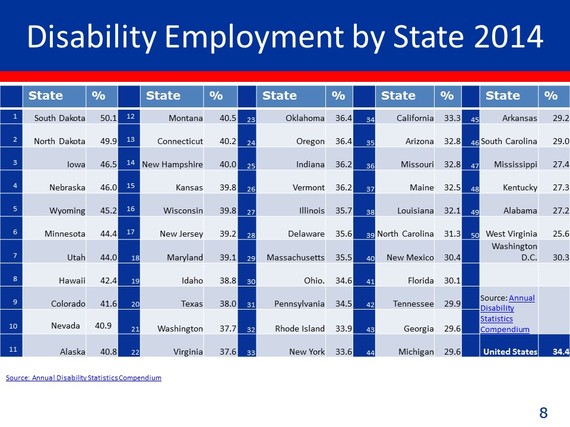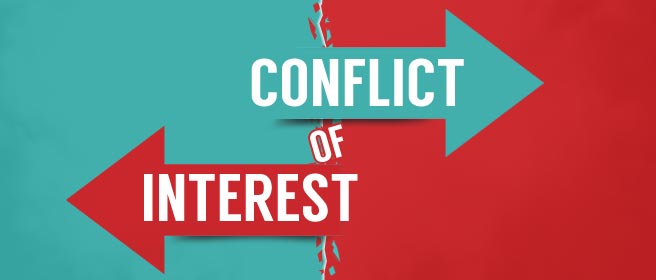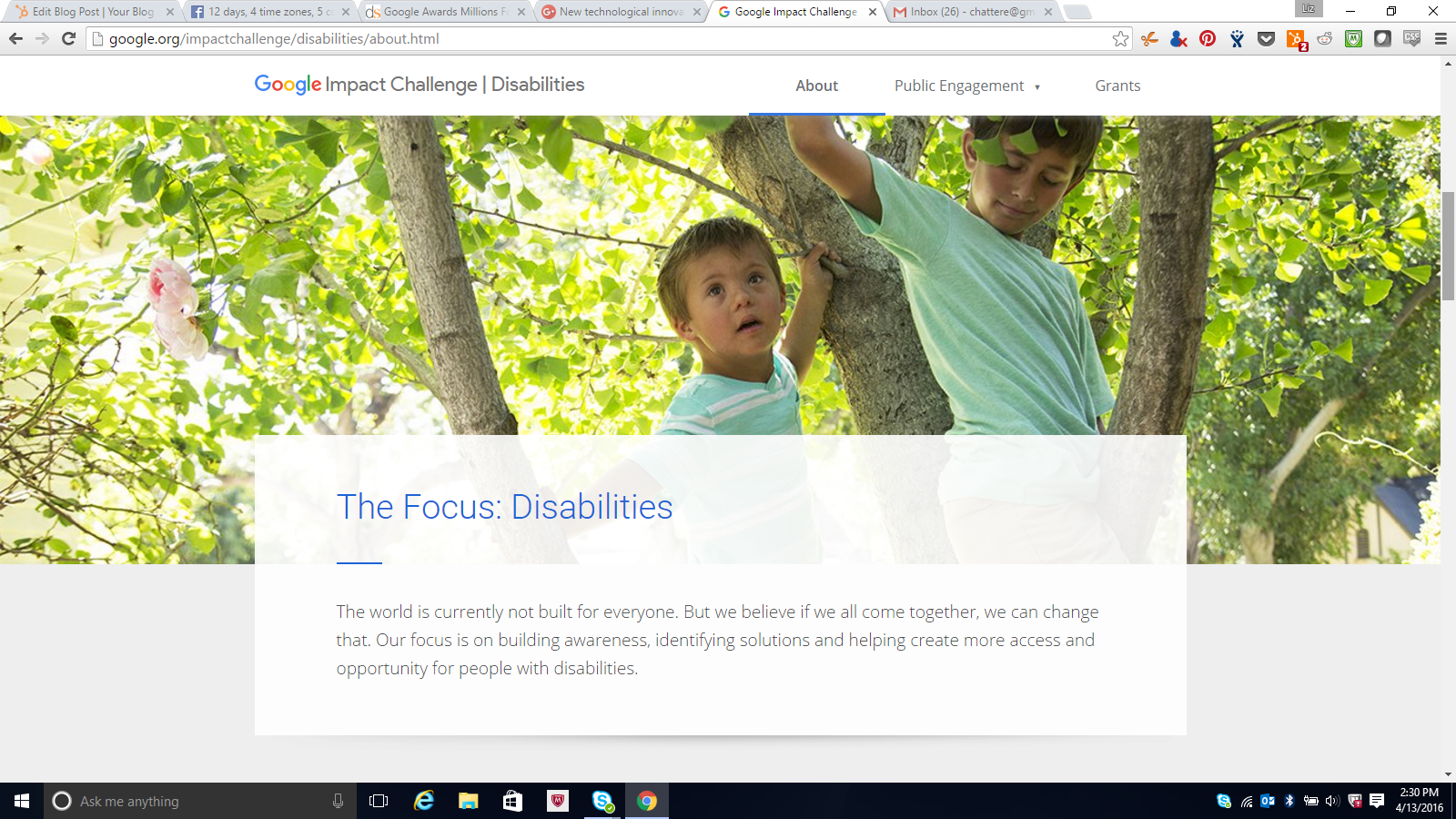I read a very interesting and thought-provoking editorial in Connecticut's Hartford Courant this morning and I wanted to share it - and its message.
Why? Because the concerns outlined in
this article are not concerns unique to Connecticut. There are four other states that have yet to follow the national trend of privatizing their advocacy offices.
It's alarming - and the U.S. Department of Health and Human Services agrees. They have just released a new report stating (very officially) that Connecticut's Office of Protection and Advocacy for Persons with Disabilities is not properly structured to provide that advocacy. And that's a problem.
In Connecticut's case, the Office of Protection and Advocacy is responsible for several jobs that create a conflict of interest in regards to their advocacy mission. The example cited in this particular editorial is a building owner applying for an exception to a handicapped-accessible rule.
As you may have guessed, P&A is the agency that decides whether or not to grant a waiver. And that's just not right. As the article's author says, "P&A should not be in a position of weighing the needs of disabled people against the needs of building owners."
As an organization that has to ensure that state law is followed, the Office of Protection and Advocacy is designed to protect and advocate for the state which may sometimes prevent them from being able to truly (and unbiasedly) advocate for individuals with developmental disabilities.
Read More






